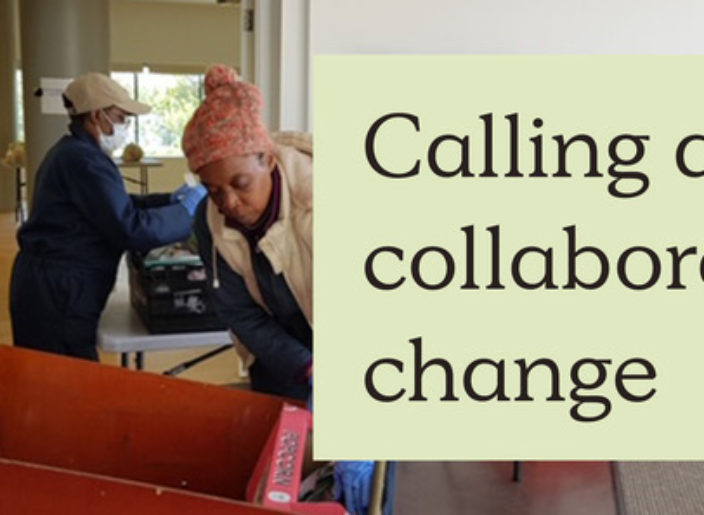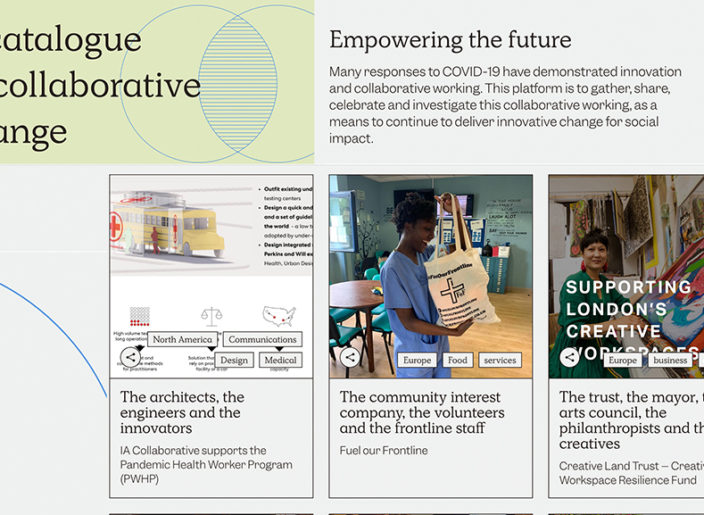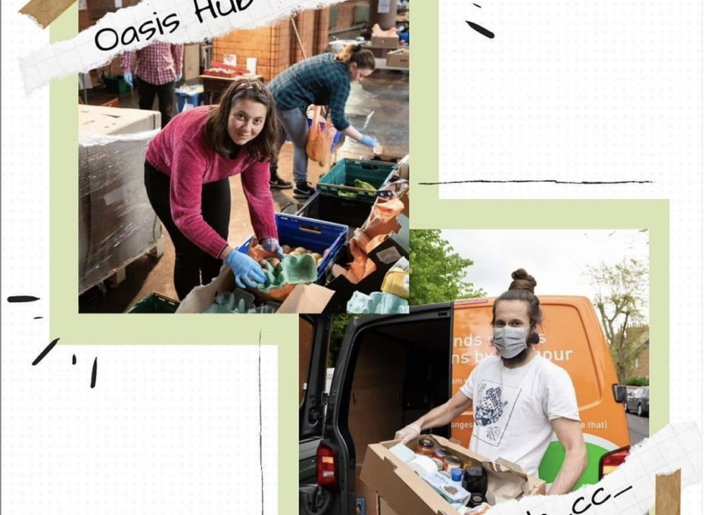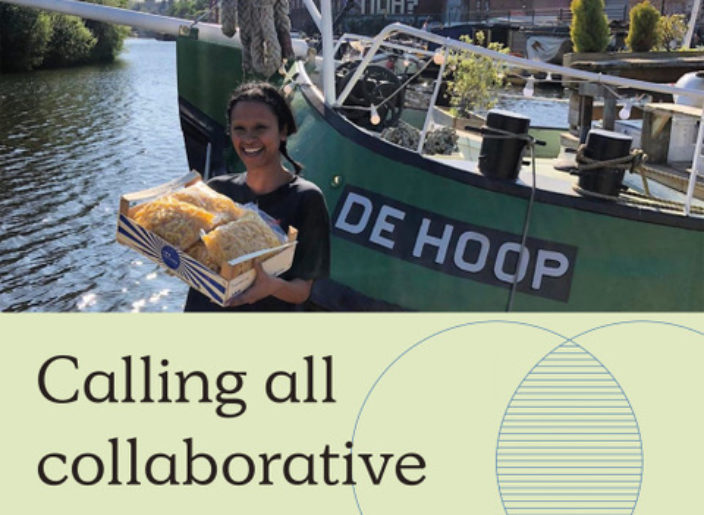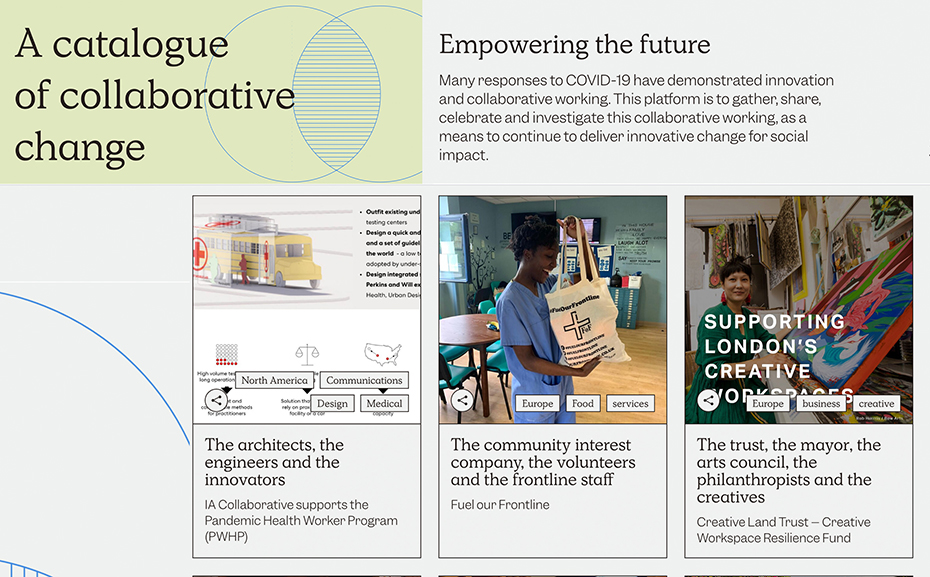
Lock-downs around the world have prompted an outpouring of community feeling and a remarkable response to urgent need. At the heart of the response is successful collaboration, with innovative ideas for multidisciplinary working, delivery methods and means of communication cutting across red-tape. Inspired by the reaction to Covid-19, we launched Collaborative Change the first online platform to share, celebrate and learn from collaborative projects across the globe that deliver social innovation and impact. Itself a collaboration – between ftwork, The London School of Architecture and The Future Fox – the initial call-out for submissions was made as part of the London Festival of Architecture 2020.
Just as we enjoyed cleaner air, we experienced a greater community spirit and felt its value. But how to sustain it? There was a new sense of social space – people became conscious of each other, of a common vulnerability and interdependency: strangers chatted through open windows; students delivered donated meals; people created rotas to phone isolated neighbours. At the same time social, commercial and creative enterprises, large and small, came together in a rush to produce innovative solutions to pressing needs, from mobile testing labs to online entertainment and support for vulnerable children. But to sustain such social innovation is only possible through motivation, shared commitment and continued collaboration. This is why Collaborative Change was born, to inspire and prompt further and lasting action.
An open source digital catalogue accessible to all, Collaborative Change invites people to upload their own projects. Each is identified by the nature of the collaboration, such as ‘the aerosol scientist, the journalist and the illustrator’, or ‘the architects, the engineers and the innovators’. Data is provided about the nature of the collaboration and those involved; about funding sources and plans for the project to continue or develop. To sustain social change it is critical not just to record the impact of these new ways of working, but also to learn from them. The open access data gathered by Collaborative Change is being used to conduct research, to analyse and share the common ingredients for creating, funding and growing successful collaborations. It is already evident, for instance, that the community response has been particularly effective when supported by a trusted local network. For instance a Cultural Interest Group in Hackney Wick, London, set up to build community resilience after the London 2012 Olympics, used its open network to kickstart dozens of collaborations. Meanwhile, across the city at Woodberry Down, one of Europe’s largest regeneration projects, the local Community Development Trust used their more formal management system to mobilise volunteers, local businesses and landlords with practical initiatives such as smart phones for isolated residents, art packs for children and free meals. These examples have in common the flexibility to innovate, adapt and bring all stakeholders together.
The pandemic has revealed the stark inequalities that exist in many communities. From the already fantastic response to Collaborative Change, with numerous and wonderfully varied submissions, this ‘archive of social change’ is already highlighting the potential to address such divisions with collaborations across sectors and social groups.
The shock of the pandemic, common to all areas of the globe, has created rapid change and will feature in the history books. Together we must grasp the opportunity to record, celebrate and sustain the remarkable local responses to a life-transforming global event.
Add your project to the the Catalogue of Collaborative Change! See below
